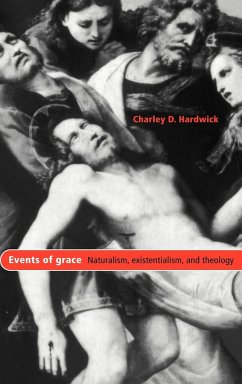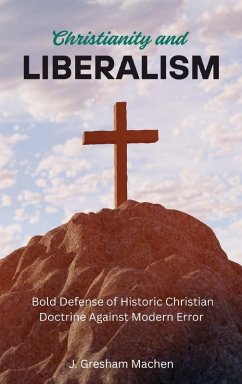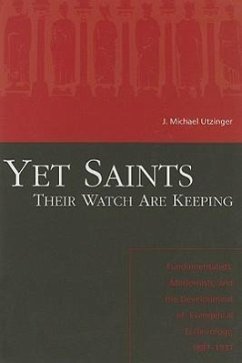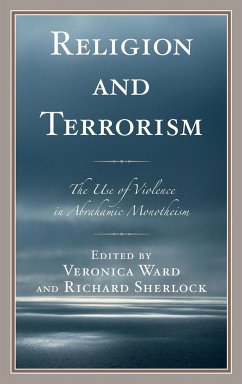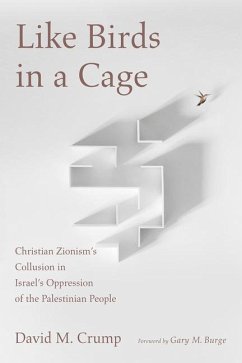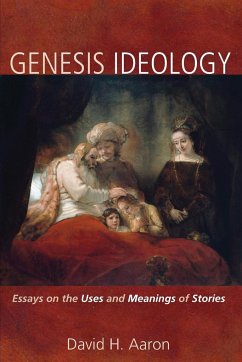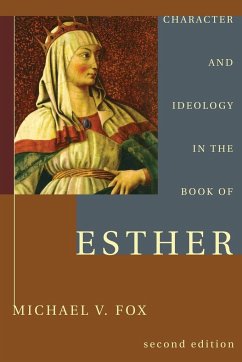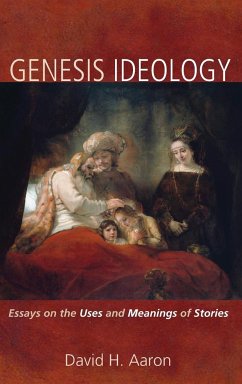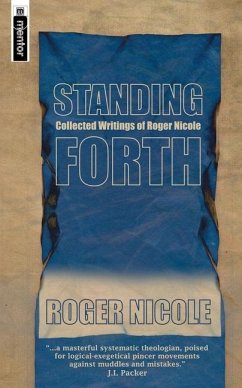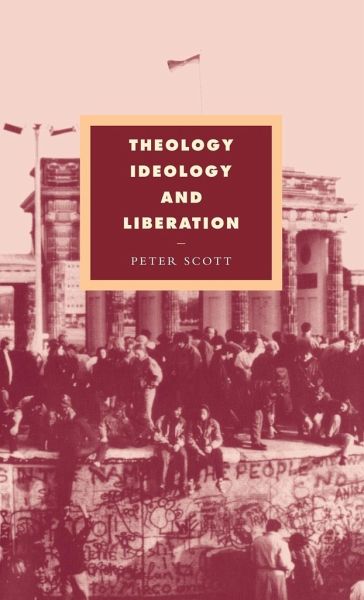
Theology, Ideology and Liberation

PAYBACK Punkte
52 °P sammeln!
How is theology liberating? In this post-Gorbachev world in which many demand freedom, and which the West seems ill-equipped to deliver, can we even envisage a liberative theology? Taking as his starting point the Marxist complaint that Christianity is ideological, Dr Scott argues that it is not enough for Christian theology to talk about liberation. It must be liberative. Stressing with feminist and liberation theologies the embodied, contextual nature of theology, the constructive proposal made here locates God's liberating abundance towards society in an interpretation of resurrection as so...
How is theology liberating? In this post-Gorbachev world in which many demand freedom, and which the West seems ill-equipped to deliver, can we even envisage a liberative theology? Taking as his starting point the Marxist complaint that Christianity is ideological, Dr Scott argues that it is not enough for Christian theology to talk about liberation. It must be liberative. Stressing with feminist and liberation theologies the embodied, contextual nature of theology, the constructive proposal made here locates God's liberating abundance towards society in an interpretation of resurrection as social. Only in this way can a trinitarian Christian account of liberation be adequately grounded. This study will be of interest to those who wish to know if theology may speak truthfully about the transformation of society. In a period of crisis and hope, the book offers the shape of a liberative theology that might nerve Christian practice towards social freedom.





